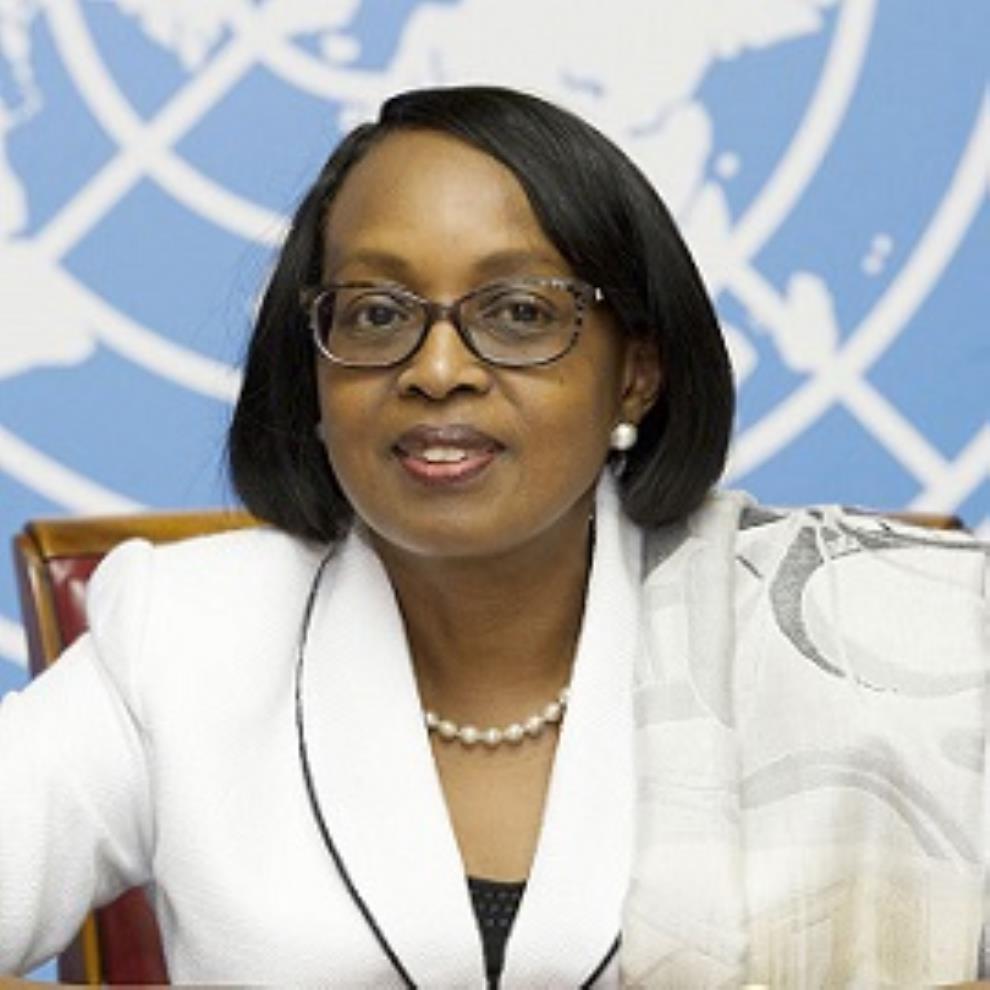The World Health Organization (WHO) is stepping up efforts to support the government-led response against the outbreak, which has already affected nine districts, including three complex urban environments. This is because the first doses of candidate vaccines against the Sudan ebolavirus are expected to arrive in Uganda in the coming days.
Three potential vaccines have been approved for deployment to Uganda for a clinical trial against the Sudan ebolavirus, one of the six species of the Ebolavirus genus, following evaluation by a WHO committee of outside experts. There are no licensed vaccines or therapies for the Sudan ebolavirus, in contrast to the Zaire ebolavirus, which has caused the majority of recent outbreaks.
The randomized trial’s objective is to assess candidate vaccinations that may be effective in order to help stop the current outbreak and protect communities that are at risk in the future.
The trial is the outcome of a coordinated effort by WHO, which included developers, academic institutions, nations that sponsored the development of the vaccine doses, regulatory agencies, other specialists, and the government of Uganda.
Supplies of one of the three candidate vaccines are expected to arrive in Uganda next week and the other two soon after. The trial protocol has been conditionally approved by WHO and Uganda and the final approvals are expected soon. Import permits for the vaccines is expected to be issued by the National Regulatory Authority soon. While the trial start date is not certain yet, WHO is working with the Ministry of Health and Makerere University, which is leading the trial to make sure everything is ready and the trial can begin once one vaccine has arrived and all the trial preparations are in place.The two other candidates will be added, as they become available.
Dr Matshidiso Moeti, WHO Regional Director for Africa said, “The start of vaccine trials will mark a pivotal moment towards the development of an effective tool against the virus behind the current Ebola outbreak in Uganda.”
“In previous outbreaks, we have seen how effective vaccines have averted the further spread of the virus, helping to quickly contain the epidemic. But it will take time to get trial results and for now the outbreak can be controlled without vaccines as we can see already with the slowing down of transmission in many of the affected districts.
Uganda declared an outbreak of Sudan ebolavirus on 20 September. As of 14 November 2022, there have been 141 confirmed and 22 probable cases (total of 163 cases) and 55 confirmed and 22 probable deaths (77 total deaths) reported. Nineteen health workers have been infected with the virus and seven have died.
On 11 November, the eastern Jinja district, which hosts Jinja city, became the third urban area—after the capital of Kampala and Masaka city—to detect the virus. Jinja, located on the shores of Lake Victoria, is home to some 300 000 people. While Jinja is now impacted by Ebola, the outbreak is slowing down in six districts, with two dropping from the follow-up list as they have reported no cases in over 42 days.
“The confirmation of Ebola cases in a new district is a concern and places a further strain on the control efforts. With their highly mobile residents and often crowded environments, cities favour the spread of the virus, but Uganda has progressively ramped up the response, keeping pace with the evolving situation. WHO and partners are helping to trace, find, test, care for people with the virus and work with communities,” Dr Moeti said. “But with the virus constantly on the move, we must press even harder to stay ahead.”
Dr Moeti is wrapping up a three-day mission to Uganda, where she met with health authorities, key partners and visited Kassanda and Mubende districts the initial epicentre of the outbreak.
In support of the outbreak response WHO has deployed 80 experts and supported health authorities
with the deployment of additional 150 experts, including over 60 epidemiologists. Due to the
infectious nature of the Sudan ebolavirus Personal Protective Equipment (PPE) which include gowns, gloves, eye protection and medical masks are critical for provision of safe care to patients. WHO recently delivered 15 000 PPE to Uganda, which are enough to protect health workers caring for patients admitted in the current Ebola treatment units for 30 days. The Organization has helped train nearly 1000 health workers and village health team members in contact tracing, and another 1155 health workers in infection prevention and control in health facilities.
WHO has also launched a US$ 88.2 million appeal to fight the outbreak and support Ebola readiness in neighbouring countries. So far, only 20% of the funds has been received.
“Dedicated response teams are putting incredible efforts on the frontlines to safeguard communities and require robust support to effectively deliver on this crucial task. We must not fail them,” said
Dr Moeti. “Ebola’s disruptive force is most stark among communities whose lives have been upended and among families who have lost loved ones.”
The ongoing Sudan ebolavirus outbreak is Uganda’s fifth of its kind. Seven cases and four deaths were recorded in the country’s previous Sudan ebolavirus outbreak in 2012.
Dr Moeti spoke today during a press conference. She was joined by Lt. Col Dr Henry Kyobe Bossa, Incident Commander, Ebola outbreak, Ministry of Health, Uganda.
Also on hand from WHO to answer questions were Dr Yonas Tegegn, WHO Representative in Uganda, Dr
Patrick Otim, Incident Manager for the Uganda Ebola outbreak; Dr Ana Maria Henao-Restrepo, Co-Lead Research and Development Blueprint for epidemics, Health Emergencies Programme; Dr Walter Fuller,
Technical Officer, Antimicrobial Resistance Programme; and Dr Cheick Diallo, Technical Officer,
Strategic Information.

